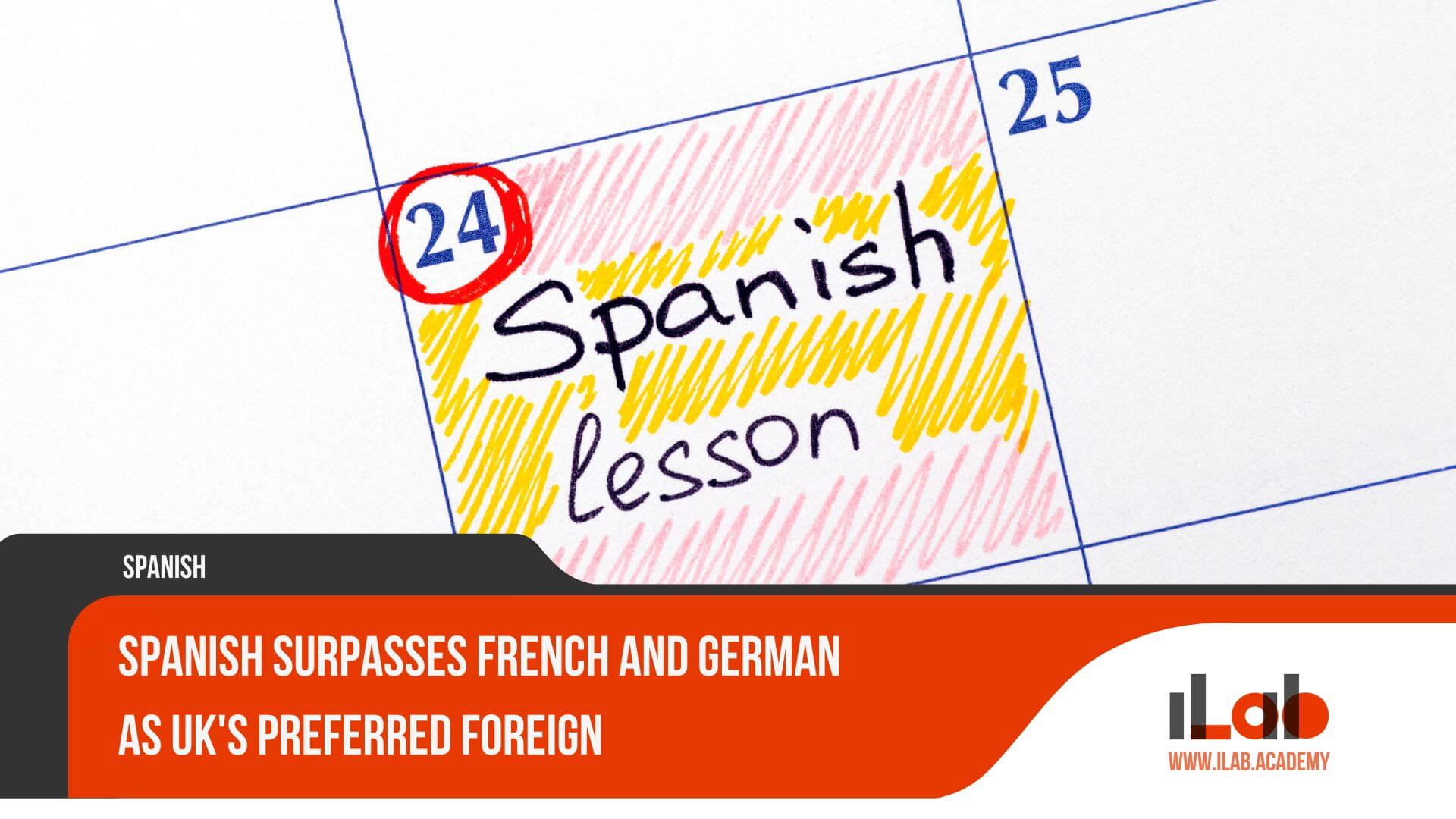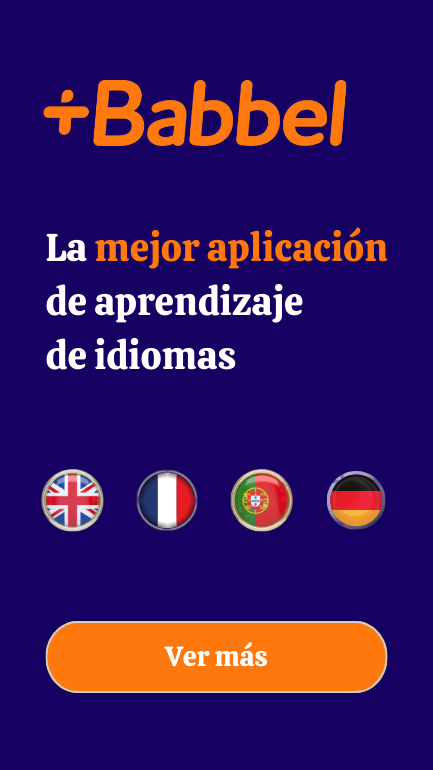Table of contents
Spanish has become the favourite foreign language in the UK. Students are now more interested in learning Spanish than French or German. Over the past five years, students studying French have dropped by nearly 30%, and German learners have fallen by 16%.
In contrast, those taking Spanish courses only decreased by 2%.
Brexit might be influencing this trend. The uncertainty around it is making European languages less appealing to some students. Parental advice and tough exams are also factors that discourage many from pursuing these languages.
Despite this decline, efforts are being made to promote Spanish learning. Over 14,000 university students across 60 institutions study Spanish as a secondary subject. The British Academy aims for 95% of students to take a GCSE language test by 2025.
Cultural connections and economic ties with Spain play an essential role too. For instance, business transactions and tourism between Spain and the UK motivate people to learn Spanish.
Spanish started gaining popularity around 2010, with a significant rise in GCSE tests compared to French by 2017…
The Growing Popularity of Spanish in the UK
Spanish classes in the UK are getting more popular. More students now choose Spanish over French and German.
Surpassing French and German
The number of British students learning French has plummeted by almost 30%. German hasn’t fared much better, with a 16% drop. Yet, despite these declines, Spanish stands out. Though it also saw a slight decrease of 2%, it’s now the preferred foreign language in the UK.
Several factors contribute to this trend. Many young learners find Spanish easier due to its phonetic nature and global relevance. “Spanish opens doors worldwide,” says Maria Hernandez from the Cervantes Institute.
With more than 20 countries speaking Spanish as an official language, the demand for learning it keeps rising every year.
Impact of Brexit on language learning
Brexit has changed how students in the UK view European languages. French and German used to be popular choices, but Spanish is now the favourite. Before Brexit, many students wanted to learn a language for easier travel or work across Europe.
Brexit makes some feel learning a European language is less useful. It also impacts resources for schools teaching foreign languages. Some programmes that brought native speakers into classrooms are no longer available.
Native speakers from Spain were often part of these programmes, helping with immersion and making lessons more engaging.
This shift affects the number of students pursuing A levels in foreign languages as well. With fewer opportunities for exchange trips or studying abroad under Erasmus+, motivation drops further.
This change could widen academic divides across socioeconomic lines in the long run.
Decline in students learning foreign languages
Fewer students in the UK are learning foreign languages. Some say the exams are too hard, causing stress and anxiety among learners. Parents often discourage their kids from picking up a new language because they think it might affect other studies.
Foreign languages aren’t prioritised in schools. There’s already a packed curriculum to deal with, leaving little room for extra subjects like Spanish or German. Teacher shortages make matters worse, as fewer educators are trained to teach these languages.
This situation calls for efforts to promote language learning….
Learn Spanish: Your Key to New Opportunities!
Join me for personalised Spanish lessons and unlock doors to exciting cultures, career prospects, and new friends! Start your journey to Spanish fluency today.
Efforts to Promote Spanish Language Learning
Efforts to promote Spanish language learning in the UK are gaining traction. Various organisations and institutions are rolling out initiatives to boost interest in Spanish studies.
Initiatives by the British Academy
The British Academy has taken significant steps to promote Spanish. Their initiatives aim to encourage more students to learn this popular language.
- Language Tests at GCSE Level
The British Academy wants 95% of students to take at least one language test by 2025. This includes Spanish, which has seen a rise in popularity. - Educational Support
They provide resources and support for schools to teach Spanish effectively. Teachers get access to updated materials and training sessions. - Partnerships with Universities
Collaborations with universities have boosted interest in Spanish courses. Many students now choose Spanish as their major or minor subject. - Scholarships and Grants
Scholarships are available for outstanding students who wish to study Spanish further. This financial support helps them focus on their studies without worry. - Public Awareness Campaigns
Campaigns highlight the benefits of learning Spanish. These campaigns often feature successful individuals who speak the language fluently. - Spanish Cultural Events
They organise events showcasing Spanish culture, including music, dance, and food festivals. These events attract many participants and spark an interest in the language. - Online Learning Platforms
Online platforms offer flexible learning options for busy schedules. Interactive courses make it easy for anyone to start learning Spanish at any time.
By implementing these initiatives, the British Academy aims to create a strong foundation for Spanish language education throughout the UK.
Growth in interest at the university level
Interest in Spanish has surged at UK universities. Over 14,000 students now take it as a subsidiary subject at around 60 institutions. This marks notable growth compared to past figures for French and German enrolments.
The British Academy’s initiatives have played a crucial role in this shift.
In 2017, GCSE Spanish tests saw participation from 7,600 students. Universities observe an increasing preference for the language due to its global significance—being one of the United Nations’ six official languages enhances its appeal.
With cultural programmes and economic ties strengthening, opportunities continue expanding… leading us to consider more about these factors next.
Opportunities provided by the Cervantes Institute
The Cervantes Institute is making the most of Brexit. Their enrolments are on the rise despite initial concerns.
- Language Courses
The Institute offers a variety of Spanish language courses. These range from beginner to advanced levels. Classes cater to different age groups and learning paces. - Teacher Training
The Cervantes Institute provides training for Spanish language teachers. This ensures high-quality instruction and effective teaching methods. - Cultural Activities
Events like film screenings, art exhibitions, and music concerts take place regularly. These activities help immerse students in Spanish culture. - Exams and Certifications
The DELE (Diplomas of Spanish as a Foreign Language) exams are available here. Achieving these certifications can enhance career opportunities. - Library and Resources
The libraries at the institute offer extensive resources. There are books, magazines, and multimedia materials in Spanish for learners to use. - Collaborations with Universities
Partnerships with British universities have been established. These collaborations promote academic exchange programmes and research projects related to the Spanish language. - Online Learning Platforms
E-learning options make studying flexible and accessible from anywhere in the UK. Students can enrol in virtual classes and access digital resources easily. - Workshops and Seminars
Regular workshops cover various aspects of the Spanish language, including grammar, vocabulary, and pronunciation skills. - Scholarships and Grants
Financial aid options such as scholarships are offered to encourage more students to learn Spanish without financial barriers. - Support for Schools
The institute works with schools across the UK promoting early learning stages encouraging young minds to pick up a second language early on.
These efforts by the Cervantes Institute play a significant role in rising interest in learning Spanish across the UK post-Brexit context benefiting greatly from it
Cultural and Economic Factors Contributing to the Popularity of Spanish
Spanish is growing in popularity due to strong business ties. Companies seek employees who speak it. Tourism from Spanish-speaking countries also boosts interest. Cultural influences, like music and film, inspire many.
The language is seen as fun and useful for travel… Explore more!
Business ties and tourism
Many businesses in the UK now have close links with Spanish-speaking countries. This has boosted interest in learning Spanish, making it a key skill for workers. Companies often need employees who can speak the local language to deal more effectively with partners and clients.
Tourism also plays a big role. Spain is one of the most popular destinations for British tourists, drawing millions each year. People want to learn Spanish to enhance their travel experiences.
Cultural factors further spark curiosity among learners… leading us next to the motivational role of culture.
Motivational role of culture
Culture plays a crucial role in learning Spanish. People connect with the rich history, vibrant festivals, and delicious food of Hispanic countries. This connection fuels their desire to learn the language.
Spanish-speaking cultures offer diverse experiences—from flamenco dancing in Spain to colourful carnivals in Latin America. These cultural elements make the language more appealing than others like French or German.
Enthusiasm for Spanish grows as learners dive into these fascinating traditions and everyday customs.
The demand for Spanish also ties closely with business opportunities and tourism. Companies see value in workers who speak Spanish due to strong business ties between UK firms and Spanish-speaking markets.
This economic incentive motivates many to choose this popular Romance language over other options available at schools or universities—such as Modern Standard Arabic or Portuguese.
Furthermore, various organisations promote cultural exchanges that inspire students to pick up Spanish. The Cervantes Institute organises events showcasing Hispanic culture which attracts budding linguists keen on understanding not just the tongue but its origins too.
Conclusion
Spanish has quickly become a top choice in the UK. More students are choosing it over French and German. As interest grows, new opportunities arise for learners. The cultural appeal of Spanish-speaking countries plays a big role.
Learning Spanish can open many doors in business and travel.
Master Spanish: Open New Horizons!
Sign up for bespoke Spanish lessons and gain access to vibrant cultures, enhanced career opportunities, and new friendships. Begin your adventure in learning Spanish now.











